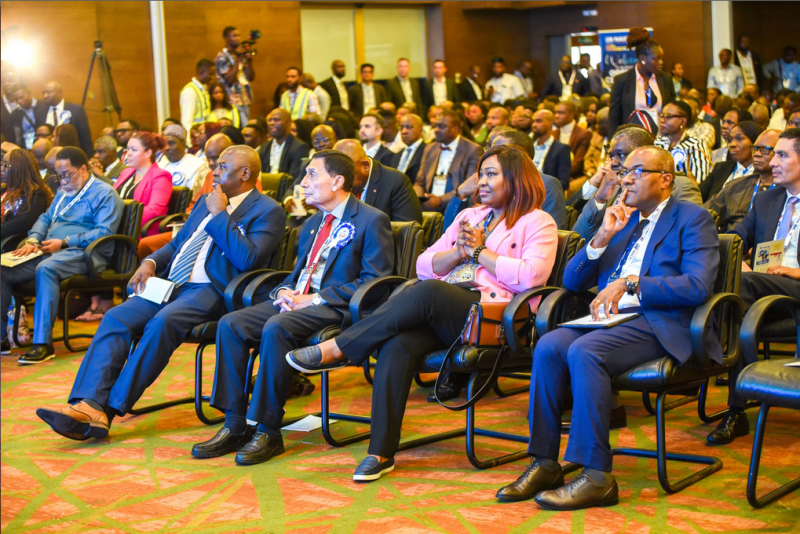The Nigeria Annual International Conference and Exhibition (NAICE) hosted a panel discussion to address concerns surrounding employees' well-being, with a particular focus on women. Industry leaders gathered to share insights on fostering a culture of relaxation and providing safeguards for women in the workforce.
Nnoli Akpedeye: In a world reshaped by what Akpedeye termed the "new normal," insights from Microsoft's 2022 report and PwC's Workforce Survey revealed that 53% of global workers prioritize well-being over work. Furthermore, 62% seek a blend of remote and in-person work arrangements. Vital organizational challenges include sustaining engagement, preventing burnout, fostering employee value, and nurturing team cohesion. She explained this delicate balance through interconnected facets, including work and career, well-being and health, home and family, and community and connection. She concluded with practical advice for sustaining productivity.
For individuals:
- Align with personal values and priorities.
- Embrace a functional calendar system.
- Cultivate organizational skills.
- Familiarize yourself with work-life policies.
- Establish an accountability partnership.
For organizations:
- Formulate and implement work-life integration policies.
- Cultivate personalized employee engagement.
- Adopt fitting technological tools and applications.
The session's finale resounded with a call for self-care, encapsulated in the phrases "look after you," "life-work integration," and "self-care is the best care."
Uche Anajemba: Anajemba emphasized the essence of a hybrid work model that harmonizes personal interests with professional roles. Mental support and psychological well-being are paramount. A pragmatic approach to work-life balance through industry benchmarking is pivotal for organizational triumph.
Chinyere Obi: Obi illuminated the journey of governmental organizations into this new work paradigm, emphasizing the crucial distinction between work and personal activities. She advocated for a values-driven culture, stressing the need for balance, and a psychology of work.
Alade Martha: With a tech-driven perspective, Martha extolled emerging technologies as enablers for work-life equilibrium. Continuous learning, skill enhancement, and cybersecurity awareness become pillars for personal growth and well-being.
Irene Robinson-Ayanwale: A financial consultant, Robinson-Ayanwale championed the need for policies and processes that prioritize work-life balance, citing employee health as central to sustainable growth. Remote services post-COVID-19 pandemic underline a commitment to inclusivity and staff welfare.
Oladunmi Owo: Owo spotlighted the importance of gender diversity in the energy sector, identifying strong leadership and political will as transformative drivers. Bridging gender gaps enhances organizational objectives and profitability, fueling the journey toward a more inclusive work-life dynamic.
Finally, the panel discussion emphasized work-life balance, particularly the well-being of employees and women in the workforce amid changing global work dynamics. As industry leaders offered insights on the importance of balancing career and personal life and provided practical recommendations for individuals and organizations, additional discussions highlighted the significance of values-driven cultures, technology integration, and gender diversity in promoting a harmonious work-life dynamic.


